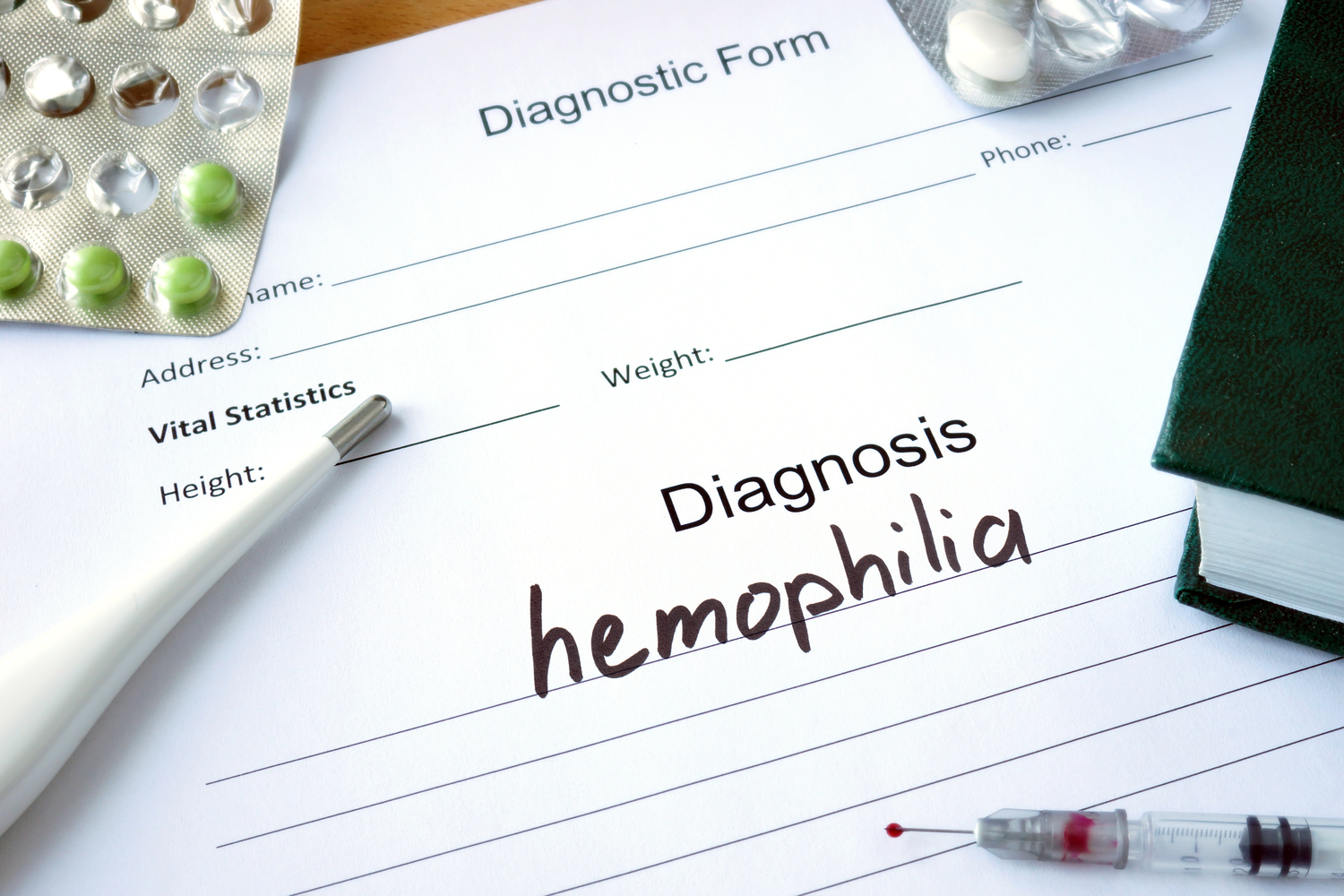
Types of treatment options for hemophilia
It is not easy to deal with hemophilia, and having a child diagnosed with such a condition is definitely a moment that any parent would never be able to get past. However, one can be equipped to deal with this genetic disorder if they are aware of the condition and how hemophilia treatments are designed. Herein, we discuss the various hemophilia treatments on the basis of the type and severity of the condition.
Replacement therapy
There is no cure for hemophilia. The treatment too is for the length of life and would need one to get in touch with specialized centers to make sure they are going about things the right way. In this form of hemophilia treatment, the patient is given the deficient blood clotting factor through the use of infusions. Usually, the missing blood clotting factor is derived from human blood, and, today, there are also artificial creations happening in laboratories. The artificially synthesized one is known as recombinant factor replacement, and there are quite a few of these approved and available for hemophilia treatments. Some of these recombinant replacements are – Advate, Adynovate, Afstyla, Eloctate, Helixate FS, Kogenate FS, Kovaltry, Novoeight, Nuwiq, Recombinate, and Xyntha. As for the blood clotting factors derived out of human blood for hemophilia treatments using replacement therapy are Alphanate, Hemofil M, Koate-DVI, and Monoclate-P.
One needs to be aware of a few side effects caused by replacement therapy. Some of these side effects are itching, dizziness, shortness of breath, headache, nausea, and stinging or burning at the injection site. There are two ways through which this hemophilia treatment can be administered: on-demand or prophylactic treatment. In the former, the individual is given the replacement therapy after a bleeding incident or during it based on whether your condition is mild or not. The other type of treatment is for those who need a periodic infusion to ensure that any bleeding situations or complications are kept in check for the long run.
Hormonal treatment
Another type of hemophilia treatment that is given for those with a mild form of the condition is hormonal treatment using a synthetic medication called desmopressin. This can be easily administered either intravenously or as a nasal spray. There are certain side effects known to occur with this form of treatment, including stomach pain, headaches, and nausea.
Other types of hemophilia treatments and medications include Antifibrinolytics, Fibrin sealants, physical therapy, and vaccinations. Each of these is milder in nature and not as effective as replacement therapy. These are hemophilia treatments or medications given for immediately dealing with a situation before aggravation or for taking care of the side effects that arise from other forms of direct treatments. Those suffering from hemophilia have to be vaccinated regularly to avoid being susceptible to any form of health complications or diseases.


